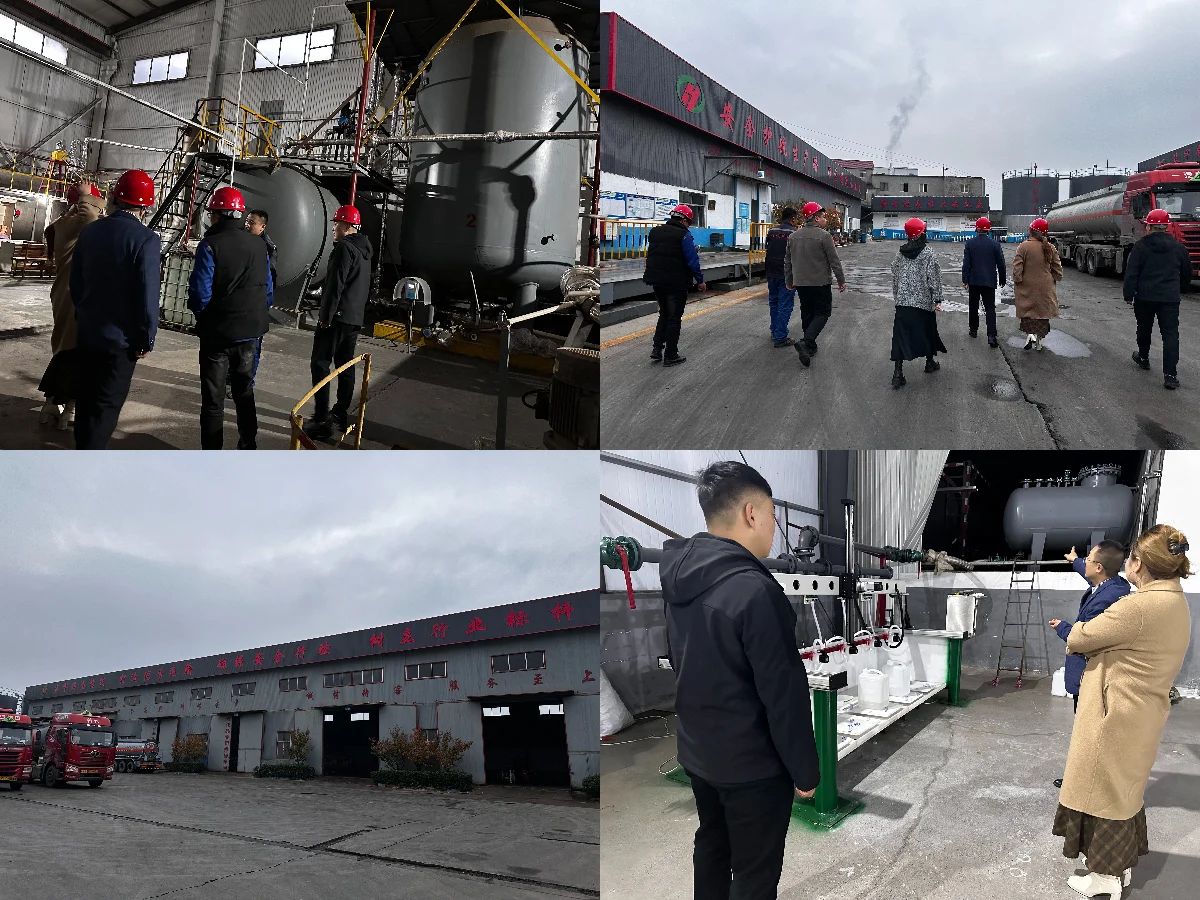Mining chemicals play a pivotal role in determining mineral recovery rates during the flotation process. Their effects include:
Flotation Reagents: These chemicals enhance the selective separation of valuable minerals from the gangue. They modify the surface properties of minerals to make them more or less hydrophobic, facilitating their attachment to air bubbles and separation from the slurry.
Impact on Recovery Rates: The choice and dosage of flotation reagents can significantly impact the recovery rates of target minerals. Effective reagents increase the floatability of valuable minerals, leading to higher recovery rates and better concentrate quality.
Optimizing Selectivity: Adjusting reagent types and concentrations helps improve the selectivity of the flotation process. For example, depressants can be used to suppress the flotation of non-target minerals, while activators can enhance the flotation of specific target minerals.
Process Conditions: Other factors, such as pH, temperature, and agitation, also affect flotation efficiency. Properly optimized chemical usage, in conjunction with controlled process conditions, ensures the best possible recovery rates.
Trial and Error: Initial testing and pilot trials help in fine-tuning chemical formulations and dosages. Ongoing adjustments based on trial results and performance data enable continuous optimization of flotation processes.
- Random Content
- Hot content
- Hot review content
- Anionic/Cationic Polyacrylamide Flocculant PAM
- Dithiophosphate 25S
- 99.5% min Ammonium Chloride For Industrial Use
- Butylammonium black medicine/Ammonium Di(Iso)butyl Dithiophosphate 91%
- Fertilizer magnesium sulfate/magnesium sulfate monohydrate
- Sodium sulphate 99% Pharmacy Grade
- 97% 2-Hydroxypropyl methacrylate
- 1Discounted Sodium Cyanide (CAS: 143-33-9) for Mining - High Quality & Competitive Pricing
- 2Sodium Cyanide 98% CAS 143-33-9 gold dressing agent Essential for Mining and Chemical Industries
- 3China's New Regulations on Sodium Cyanide Exports and Guidance for International Buyers
- 4International Cyanide(Sodium cyanide) Management Code - Gold Mine Acceptance Standards
- 5China factory Sulfuric Acid 98%
- 6Anhydrous Oxalic acid 99.6% Industrial Grade
- 7Soda Ash Dense / Light 99.2% Sodium Carbonate Washing Soda
- 1Sodium Cyanide 98% CAS 143-33-9 gold dressing agent Essential for Mining and Chemical Industries
- 2High Purity · Stable Performance · Higher Recovery — sodium cyanide for modern gold leaching
- 3Sodium Cyanide 98%+ CAS 143-33-9
- 4Sodium Hydroxide,Caustic Soda Flakes,Caustic Soda Pearls 96%-99%
- 5Nutritional Supplements Food Addictive Sarcosine 99% min
- 6Sodium Cyanide Import Regulations & Compliance – Ensuring Safe and Compliant Importation in Peru
- 7United Chemical's Research Team Demonstrates Authority Through Data-Driven Insights













Online message consultation
Add comment: